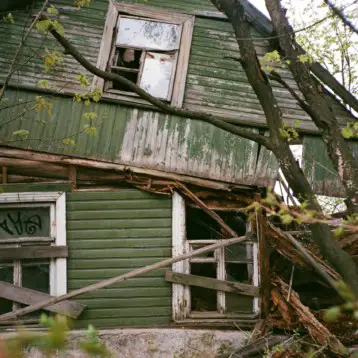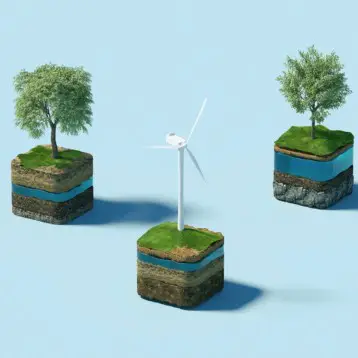
There’s no denying that action is needed to address climate change. One of the best tools we have to do so is carbon credits, according to Eddie Listorti, the CEO of Viridios Capital.
One type of carbon credit is called forest credit, also known as REDD+. Some recent reports have brought into question whether REDD+s are credible or not. That has caused many others in the wider finance community to pause on investing in them.
Yet, there are many reasons why forest carbon credits are important for climate action, and Eddie Listorti will dive deeper into that below.
Deforestation is a Major Issue
Forest carbon credits will play an integral role in reversing, or at least halting, climate change. Trees are amazing living things. They trap greenhouse gases inside them, preventing harmful gases such as carbon dioxide from building up in our atmosphere, which warms the planet.
As humans continue to cut down trees for direct products such as lumber and paper or to clear the way for new man-made developments, it reduces the ability of forests to suck up sufficient greenhouse gases. The double whammy is that this is happening at a time when humans are emitting record-high levels of these chemicals.
Any projects that can significantly help to avoid deforestation can help to correct this problem.
Forest Carbon Credits are Advancing
Just like science itself, the forest carbon credit market is continually evolving. A new approach to the market is called Jurisdictional REDD or JREDD. It involves taking a more comprehensive look at the usage of forests and land.
Instead of looking at REDD+ at the project level, this looks at them at the jurisdictional level — across at least one territory. Doing so helps reduce the potential risk of creating excess credits, which addresses major issues such as additionality, leakage and permanence.
In other words, the advancement of JREDDs makes the sector more credible.
Stopping Deforestation Has Wide-Reaching Benefits
Eddie Listorti says that forest carbon credits are important for climate action because stopping deforestation has wide-reaching ancillary benefits.
A solid forest carbon credit program will produce significant carbon benefits. Still, it will also help create biodiversity and improve the lives of the people in the region where the project is taking place.
Developers for high-quality forest carbon credit programs will often consult with the local stakeholders so that they can determine the best ways to use carbon finance to their benefit. It doesn’t just start and stop at the planning phase, however. These developers will also work hand-in-hand with local communities and Indigenous people throughout the program.
The money that’s pumped into these forest carbon credit programs can help the local communities come up with their own ways to create a living for themselves that doesn’t rely on deforestation.
In essence, solid forest carbon credit programs can create a positive domino effect on the local communities where the projects take place and beyond.
About Eddie Listorti
Eddie Listorti is the Founding Partner and CEO of Viridios Group. He has a proven track record with 30 years in business and banking. His experience includes managing teams of over 2,000 people and annual revenues exceeding AUD 2 billion. Mr Listorti has held board positions in industry bodies and joint venture partnerships.










